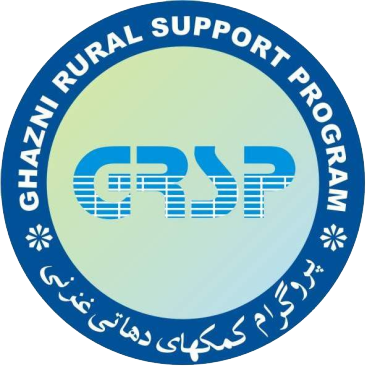Education & Training
During year’s civil war and conflict Hundreds of thousands of people have lost their, socially and economically lives, as well as education foundations have been utterly disrupted. The youths and children in particular, have been the innocent victims of these conflicts, which have consequently deprived them of their fundamental rights. The youth are denied from access to the skills and knowledge necessary for the gainful empowerment and full participation in their societies
State provision of educational facilities in Afghanistan has traditionally been poor and limited largely to cities and larger districts. Even before the war, in the more remote rural areas, informal schooling by home schools and Madrassas surpassed formal schooling by governmental institutions. Often the students from smaller villages who wanted to obtain formal education had to travel far distances from their home villages. Many were not willing to do this. Also the increased unwilling on the part of families who in the first place did not view female education favorably, and then did not let female students undertake such educational ventures further restricted female education. The present gap in the literacy rate among women and men in Afghanistan can be attributed to this among other factors. Efforts to build and rebuild schools were taken up as early
as back during the Soviet invasion. International aid organizations, NGOs and UN agencies as UNICEF were on the forefront of this rehabilitation movement. Their efforts were mostly targeted to the more educationally deprived rural areas not directly affected by the government’s policies on education.
With the recent upswing of reconstruction efforts on all fronts, the field of education has also been given more attention by aid organizations. Realizing the importance of education in the long term reconstruction of the country, GRSP considered conducting a number of projects related to education during 2001 to
2007.
In collaboration with partner agencies as MRRD, NCA and CWS, GRSP was able to implement a number of projects in this field.
